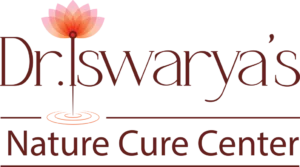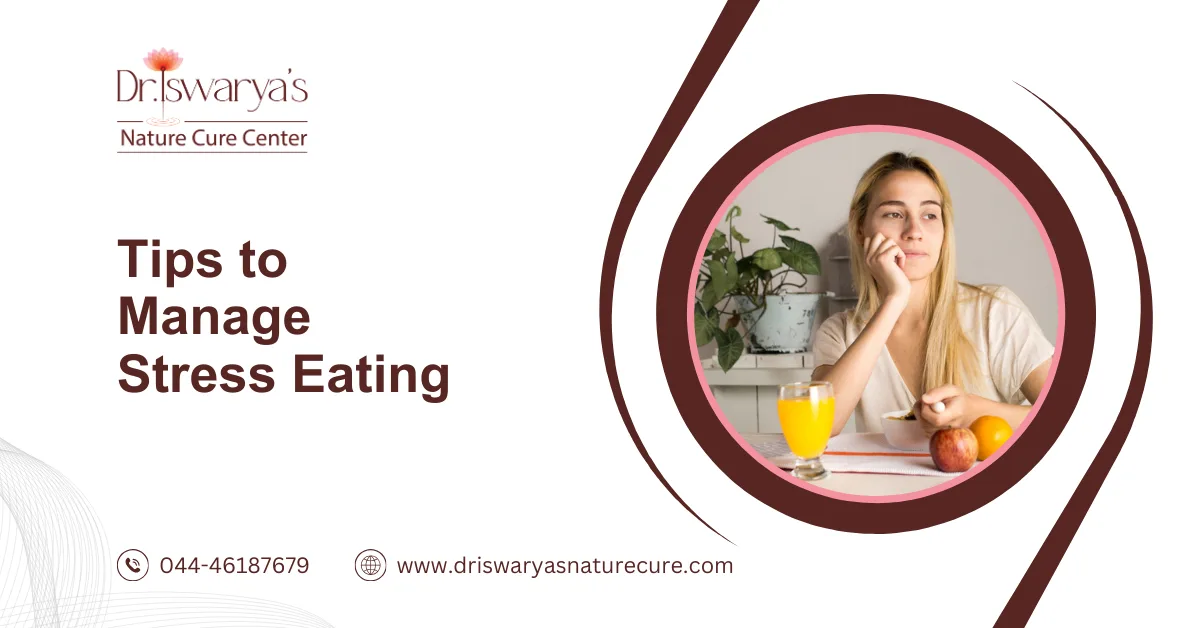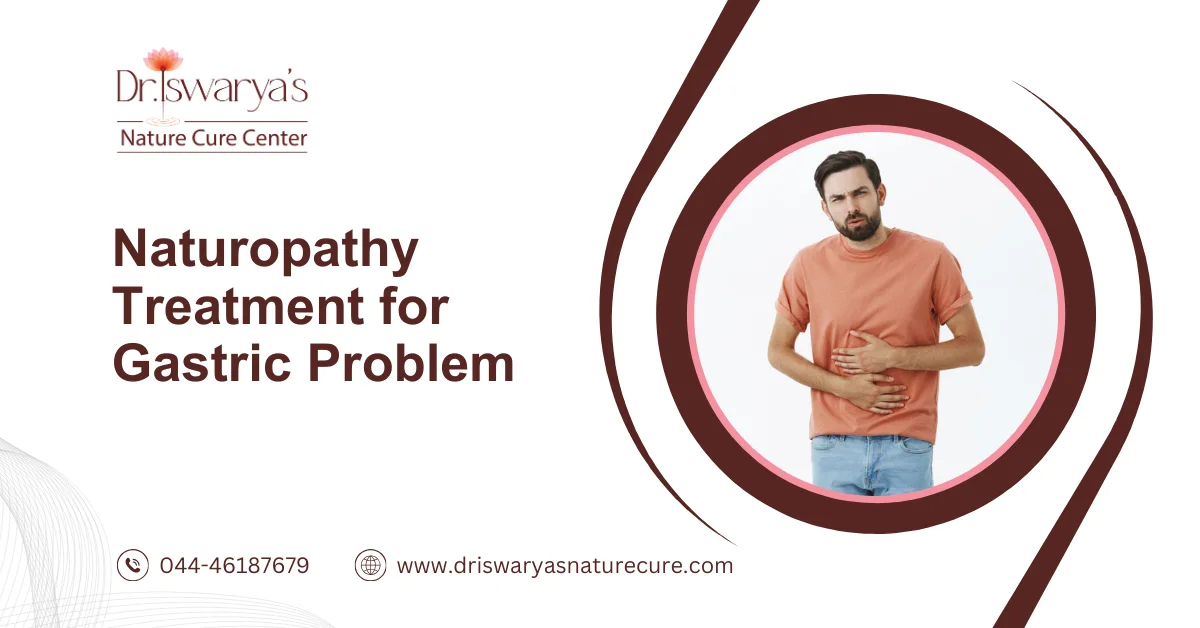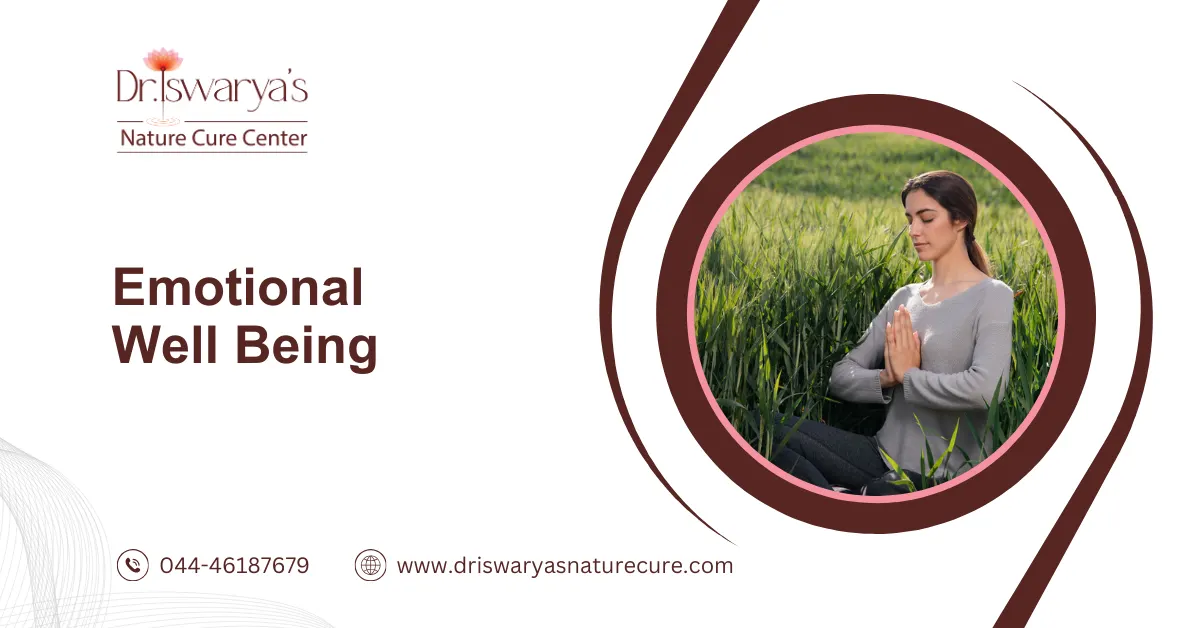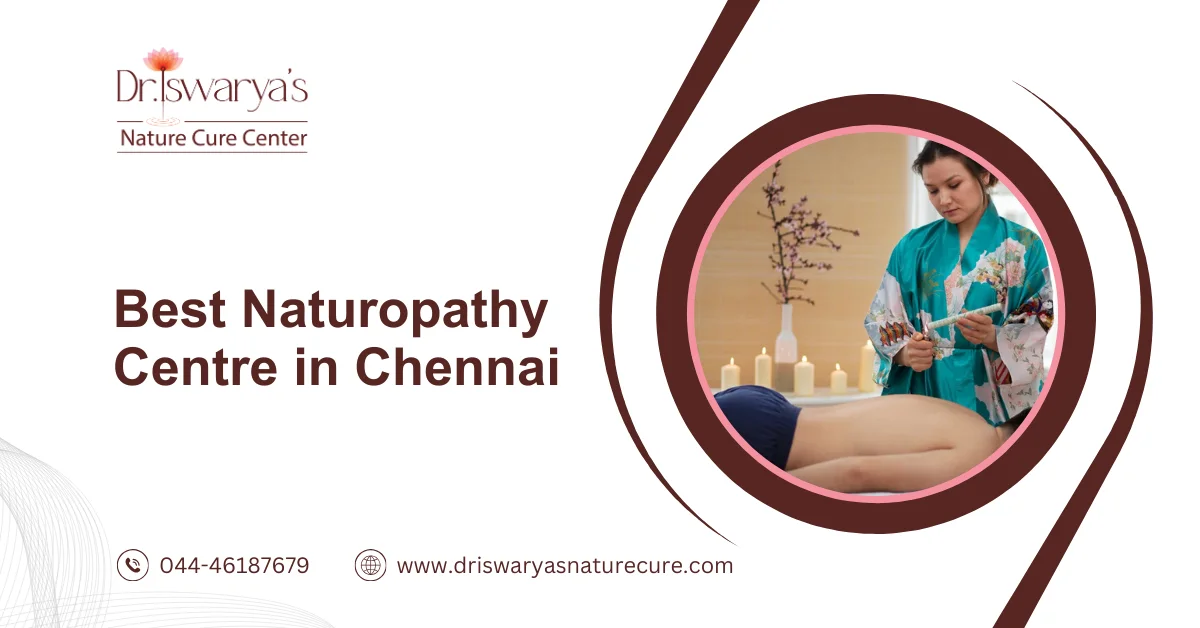Additional Healing Therapies have long been valued as supportive treatments that strengthen the body’s natural healing capacity. In recent years, these approaches have gained wider acceptance for their holistic focus on overall wellness. By addressing the mind, body, and spirit together, these methods provide complementary options alongside conventional care, helping individuals achieve harmony and balance through additional healing therapies.
From soothing essential oils to time-honored practices like Reiki & Energy Healing and herbal care, these therapies are embraced globally for their gentle yet effective results. Both research and personal experiences suggest benefits such as stress reduction, pain relief, and improved mental clarity. As more people turn toward natural wellness solutions, therapies like aromatherapy & essential oil healing , sound-based practices, and herbal medicine continue to play an important role in holistic healthcare.
Aromatherapy & Essential Oil Healing
Aromatherapy is a traditional healing practice that uses concentrated plant extracts, known as essential oils, to support physical and emotional well-being. These oils are sourced from flowers, leaves, bark, and roots, each carrying unique therapeutic qualities. The effects are experienced through inhalation or skin application, offering natural support for overall health within additional healing therapies.
- Stress Reduction: Oils such as lavender, chamomile, and bergamot help calm the nervous system and ease anxiety.
- Pain Management: Peppermint and eucalyptus oils are commonly used to relieve headaches, muscle tension, and joint discomfort.
- Enhanced Sleep: Lavender and sandalwood promote deeper, more restful sleep and emotional balance.
This therapy blends easily into daily routines through diffusers, massage, or topical use, making aromatherapy & essential oil healing a simple and effective wellness solution.
Reiki & Energy Healing
Reiki is a gentle Japanese technique that focuses on restoring balance to the body’s energy flow. Practitioners channel healing energy through light touch or near-body hand placement, helping clear energetic blockages. When energy flows freely, the body naturally moves toward healing and balance through additional healing therapies.
- Emotional Healing: Encourages inner calm, emotional release, and relaxation.
- Physical Recovery: Supports the body’s natural repair processes and reduces discomfort.
- Mental Clarity: Enhances focus, awareness, and emotional stability.
Because it is non-invasive and deeply calming, reiki & energy healing is well suited for those seeking natural stress relief and emotional restoration.
Sound Therapy & Vibrational Healing
Sound-based therapies use specific frequencies and vibrations to positively influence the body and mind. Instruments such as singing bowls, tuning forks, and therapeutic music create vibrations that align with the body’s energy field, encouraging deep relaxation and balance commonly found in additional healing therapies.
- Stress Relief: Gentle sound vibrations calm the nervous system and ease anxiety.
- Pain Alleviation: Certain frequencies help improve circulation and relax tense muscles.
- Emotional Release: Vibrations assist in releasing stored emotional stress and trauma.
Often combined with meditation, sound therapy & vibrational healing provides a deeply soothing experience that supports both emotional and physical well-being.
Traditional Herbal Medicine Consultations
Herbal medicine has been practiced for centuries to support health using plant-based remedies. Through personalized consultations, practitioners recommend natural formulations tailored to individual needs. This approach treats not only symptoms but also underlying imbalances and is a cornerstone of additional healing therapies.
- Digestive Health: Helps relieve bloating, acidity, and digestive discomfort.
- Immune Support: Herbs like elderberry and echinacea strengthen immune defenses.
- Hormonal Balance: Natural plants such as ashwagandha support hormonal regulation.
Herbal care is often chosen for its gentle nature, minimal side effects, and long-term wellness benefits.
Conclusion
Integrating additional healing therapies into your wellness routine can significantly enhance physical, emotional, and mental health. Holistic approaches such as sound therapy & vibrational healing, herbal care, and energy-based practices work in harmony with conventional medicine to restore balance and vitality. These natural therapies help reduce stress, manage pain, and promote inner well-being. Dr. Iswarya’s Nature Cure Center is committed to guiding patients through personalized healing journeys, offering therapies that support the body’s innate ability to heal and thrive.
